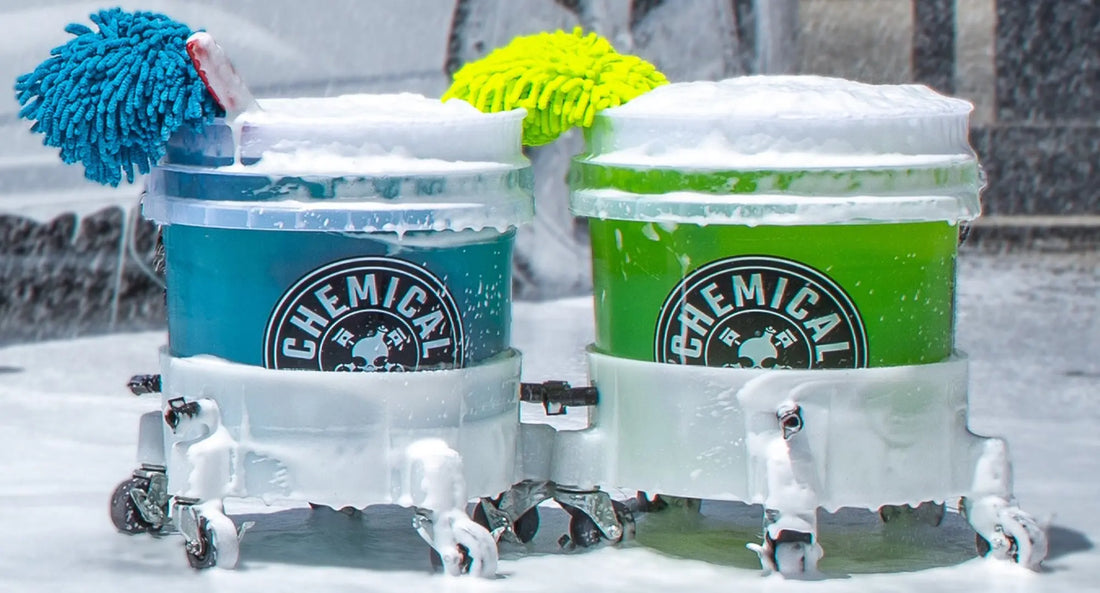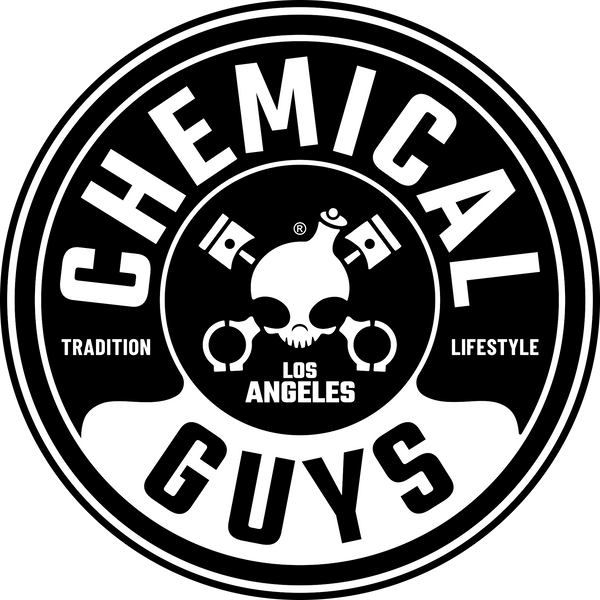
How often should you fully detail your car?
Share
Car detailing is to perform comprehensive cleaning and re-conditioning of your vehicle, both inside and out. Regular car washing can certainly keep up the appearance in the short term, but detailing goes below the surface to provide long lasting car and amazing results.
Benefits of regular car detailing
Regular car detailing significantly enhances the appearance of your car. A well-detailed car, with its glossy paint and spotless interior, can turn heads and make a strong impression.
Regular detailing also plays a crucial role in maintaining and even boosting your car's resale value. Potential buyers will be attracted to a vehicle that's been well maintained throughout. The care you show reflects positively on how the car has been treated over its lifetime, suggesting fewer underlying issues and a longer remaining lifespan.
Exterior detailing includes waxing and sealing, which protects the paint from harmful UV rays, oxidation, and contaminants. This can prevent the paint from fading and reduce the risk of rust. Interior detailing includes cleaning and conditioning materials such as leather, vinyl, and fabric, which helps prevent cracking, fading, and general wear and tear.
What influences how often your should detail your car?
One of the primary considerations is how you use your vehicle. Daily drivers, exposed to constant road grime, weather elements, and regular wear and tear, will require more frequent detailing compared to a weekend car or a collector's item that spends most of its time in a garage.
The more a car is driven, the more opportunities for dirt and debris to accumulate, making regular detailing essential to maintain its appearance and condition.
The environment in which you drive and store your car also significantly impacts how often it should be detailed. Cars parked outdoors, especially in urban areas, are subjected to more contaminants. Cars stored in garages or under covers are better shielded from these elements and might not need detailing as often.
In areas with more harsh weather, road salt can cause significant damage to your car's undercarriage and paint if not regularly removed. Similarly, in hot, sunny climates, UV rays can cause the paint and interior materials to fade and crack. Regular detailing, including applying protective coatings, can help mitigate these effects.
What are the signs your car needs detailing?
Several signs can indicate it's time for a thorough detailing session.
One of the most noticeable cues is the visual appearance of your car. If the paint looks dull or faded, it's a clear sign that the exterior needs attention. Swirl marks, scratches, or water spots are also indicators that a professional polish and wax are overdue.
Similarly, if your car's wheels and tyres are caked with brake dust and grime that a regular wash can’t remove, they likely need the deeper clean.
When you run your hand over the car’s surface and feel a rough texture, it means contaminants like tar, sap, and industrial fallout have bonded to the paint, requiring a clay bar treatment to remove. Inside the car, a gritty or sticky feeling on surfaces, especially on the dashboard, seats, and door panels, suggests it's time for detailing.
Detailing can involve shampooing carpets, steam cleaning seats, and sanitising air vents to eradicate these odours and improve the overall air quality inside your vehicle.

